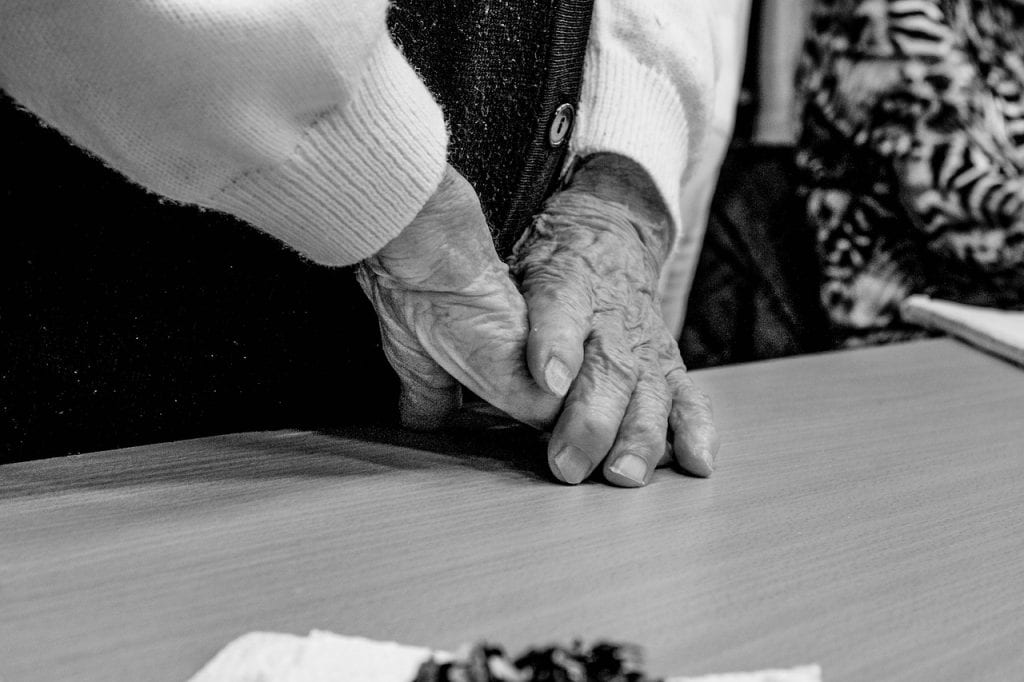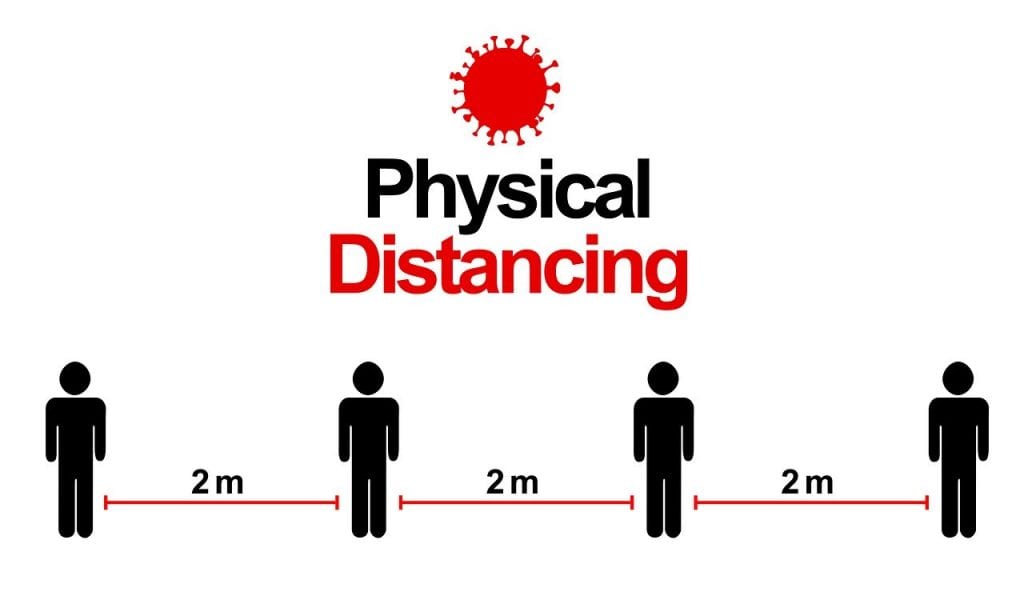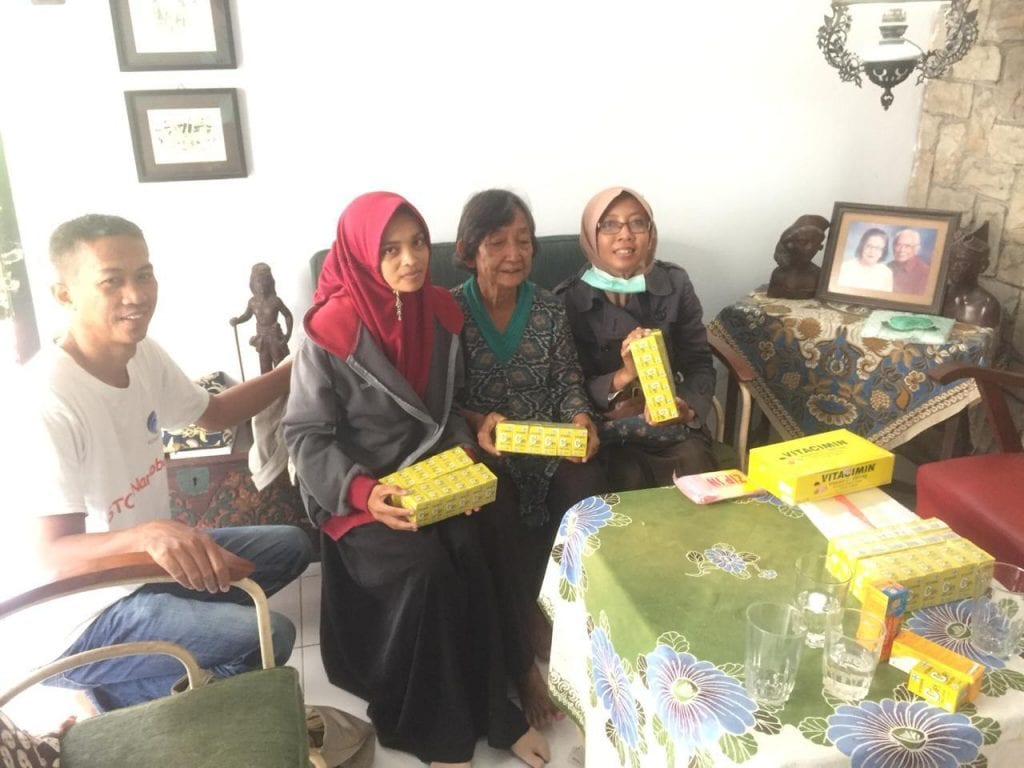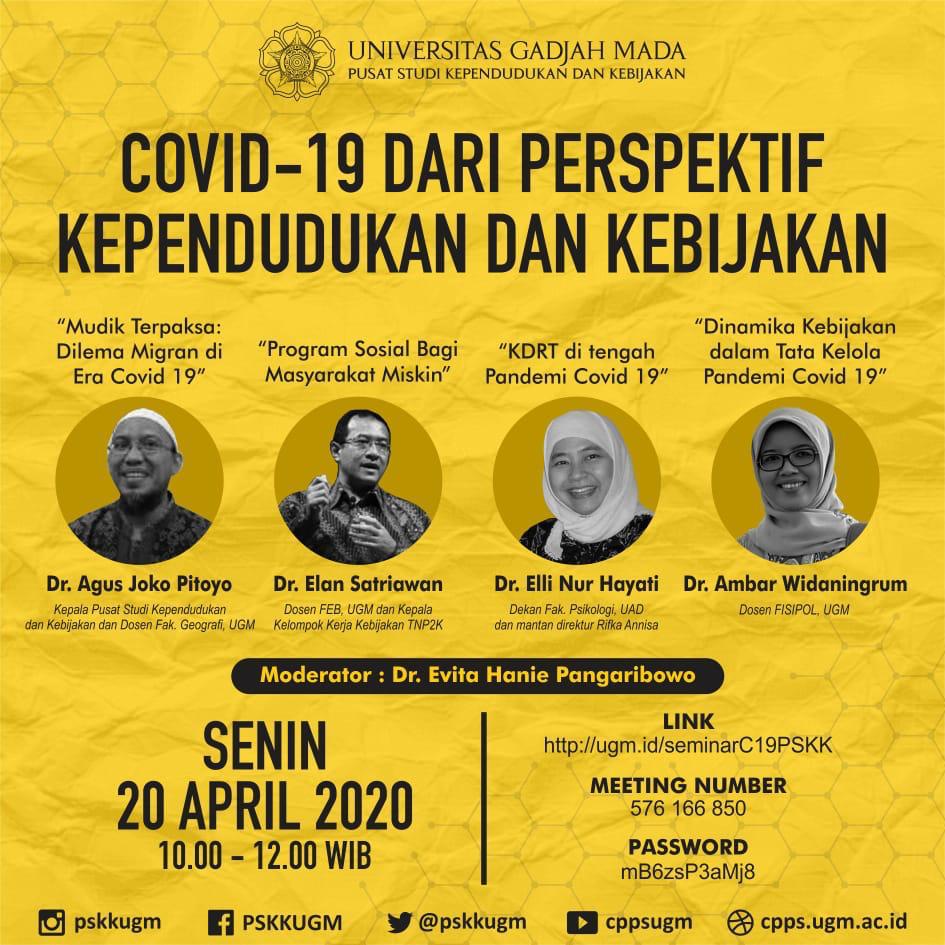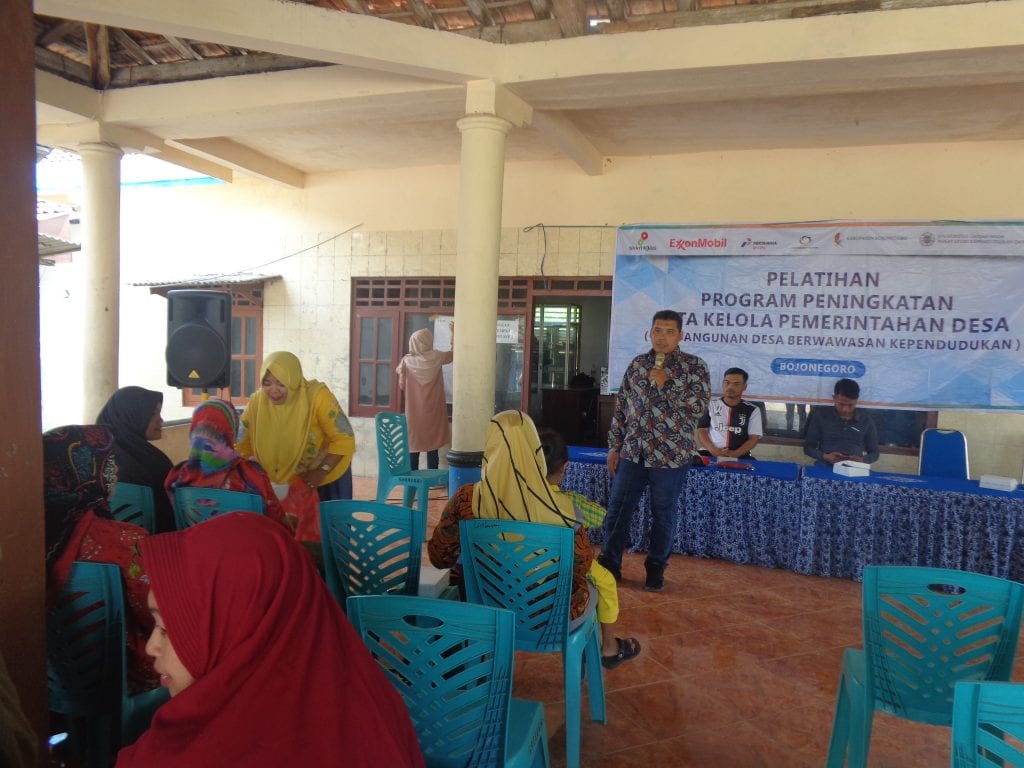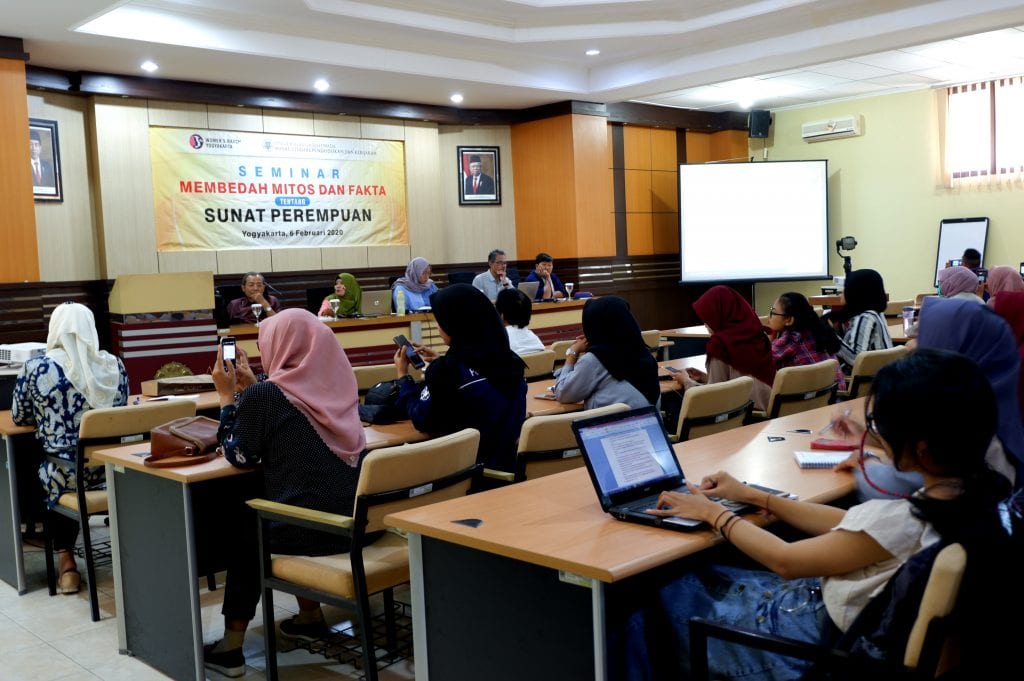
Frenemies: Finding the Common Ground for the Polemic on Sexual Violence Eradication Bill? | By: Basilica Dyah Putranti
The statement of the National Commission on Violence Against Women (Komnas Perempuan) in 2014 about Indonesia’s emergency of sexual violence is not without a basis.

